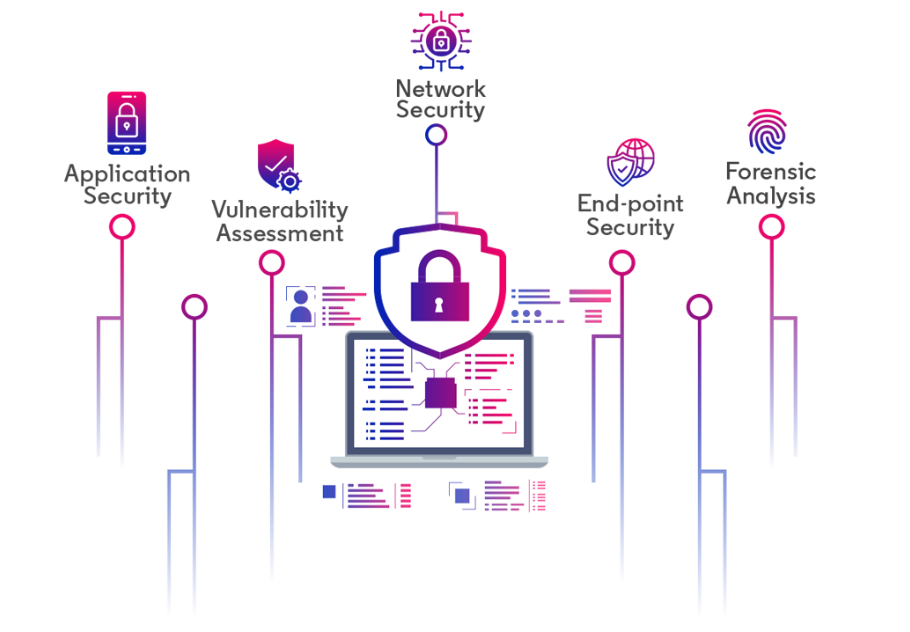Unlocking Business Efficiency with Managed IT Support Services and RPA
 Noah Lucas
Noah LucasIn today’s rapidly evolving digital landscape, businesses are constantly searching for ways to streamline operations, enhance security, and reduce costs. One of the most effective strategies for achieving these goals is by partnering with managed IT support services. By outsourcing IT operations, companies can focus on their core business while ensuring their technology infrastructure is in expert hands.
The Rise of Managed IT Support
Managed IT support has emerged as a crucial resource for organizations of all sizes. These services provide continuous monitoring, maintenance, and support for all aspects of a company’s IT environment, including hardware, software, networks, and cybersecurity. With the increasing complexity of IT systems, relying solely on in-house teams can become both inefficient and costly.
Outsourcing IT support allows businesses to access a broad range of technical expertise and advanced tools without the need for significant internal investment. Moreover, managed IT providers offer scalability, meaning support can grow alongside your business. This flexibility is particularly beneficial for small to medium-sized enterprises that may not have the resources for a full-scale internal IT department.

The Role of Remote IT Support Companies
With the rise of remote work and global business operations, remote IT support companies have become indispensable. These companies offer fast, reliable technical assistance from any location, reducing downtime and maintaining business continuity.
Remote IT support includes services such as software troubleshooting, system updates, network monitoring, and cybersecurity protection. Most issues can be diagnosed and resolved without an on-site visit, saving both time and money. In critical situations, having 24/7 remote support ensures that technical problems do not disrupt productivity, especially for businesses operating across multiple time zones.
Additionally, remote support enhances security by enabling consistent patch management and proactive monitoring. This reduces the risk of data breaches and ensures compliance with industry regulations. The convenience and efficiency of remote IT services make them a valuable component of any modern IT strategy.
Enhancing Operations with RPA Services
As businesses strive for greater efficiency, RPA services (Robotic Process Automation) are playing a transformative role. RPA involves using software robots to automate repetitive, rule-based tasks that are typically performed by humans. This includes data entry, invoice processing, customer onboarding, and more.
Integrating RPA into managed IT support creates a powerful synergy. Routine IT tasks — such as generating reports, user provisioning, and system backups — can be automated, freeing up IT professionals to focus on strategic initiatives. RPA not only speeds up operations but also improves accuracy and reduces human error.
Moreover, RPA can be deployed across various departments, including finance, HR, and customer service, resulting in cross-functional efficiency gains. When paired with remote IT support companies, RPA tools can be monitored and updated remotely, ensuring they function optimally and remain secure.

Why Businesses Are Making the Shift
There are several compelling reasons why businesses are turning to managed IT support services, remote IT support companies, and RPA services:
Cost Efficiency: Outsourcing IT and automating processes significantly reduce operational costs.
Scalability: Services can be tailored to fit the specific needs of a growing business.
Expertise on Demand: Access to experienced professionals without the burden of recruiting and training.
Proactive Maintenance: Issues are identified and resolved before they impact business operations.
Enhanced Security: Continuous monitoring and automated updates reduce vulnerabilities.
Final Thoughts
In an era where digital agility determines business success, adopting a comprehensive approach to IT management is essential. By leveraging managed IT support, partnering with remote IT support companies, and implementing RPA services, businesses can optimize operations, boost efficiency, and stay ahead of the competition.
These strategies are not just about fixing problems — they’re about creating resilient, scalable systems that empower organizations to thrive in the digital age.
FAQ
1. What are managed IT support services?
Managed IT support services involve outsourcing the management and maintenance of a company’s IT infrastructure to a third-party provider. These services typically include hardware and software support, network management, cybersecurity, and 24/7 system monitoring.
2. Why should a business consider managed IT support?
Managed IT support helps businesses reduce operational costs, access expert-level IT skills, enhance security, and ensure proactive maintenance. It also allows internal teams to focus on strategic tasks instead of routine IT issues.
3. How do remote IT support companies operate?
Remote IT support companies provide technical assistance without needing to be on-site. Using secure connections, they can troubleshoot problems, update systems, monitor networks, and apply security patches from any location.
Subscribe to my newsletter
Read articles from Noah Lucas directly inside your inbox. Subscribe to the newsletter, and don't miss out.
Written by
